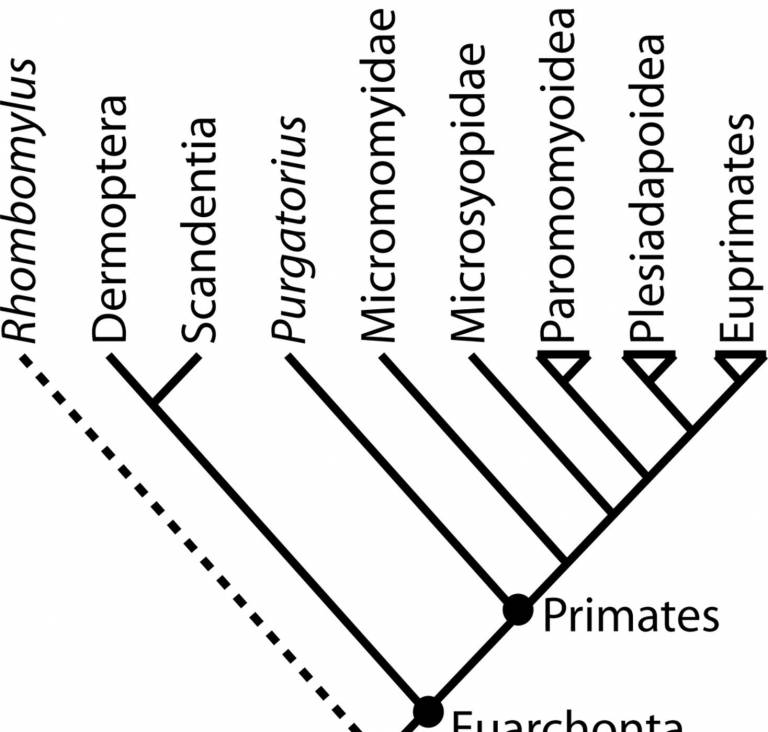What happens when you subsample gene trees on Coalescent Methods applied to ancient divergences?
29 January 2016
Gene-tree-estimation error is a major concern for coalescent methods of phylogenetic inference.
 We sampled eight empirical studies of ancient lineages with diverse numbers of taxa and genes for which the original authors applied one or more coalescent methods.
We sampled eight empirical studies of ancient lineages with diverse numbers of taxa and genes for which the original authors applied one or more coalescent methods. We found that the average pairwise congruence among gene trees varied greatly both between studies and also often within a study. We recommend that presenting plots of pairwise congruence among gene trees in a dataset be treated as a standard practice for empirical coalescent studies so that readers can readily assess the extent and distribution of incongruence among gene trees.
ASTRAL-based coalescent analyses generally outperformed MP-EST and STAR with respect to both internal consistency (congruence between analyses of subsamples of genes with the complete dataset of all genes) and congruence with the concatenation-based topology. We evaluated the approach of subsampling gene trees that are, on average, more congruent with other gene trees as a method to reduce artifacts caused by gene-tree-estimation errors on coalescent analyses. We suggest that this method is well suited to testing whether gene-tree-estimation error is a primary cause of incongruence between concatenation- and coalescent-based results, to reconciling conflicting phylogenetic results based on different coalescent methods, and to identifying genes affected by artifacts that may then be targeted for reciprocal illumination.
We provide scripts that automate the process of calculating pairwise gene-tree incongruence and subsampling trees while accounting for differential taxon sampling among genes. Finally, we assert that multiple tree-search replicates should be implemented as a standard practice for empirical coalescent studies that apply MP-EST.
Authors: Mark Simmons, Daniel Sloan and John Gatesy
Journal: Molecular Phylogenetics and Evolution
Learn more here.
 Close
Close

